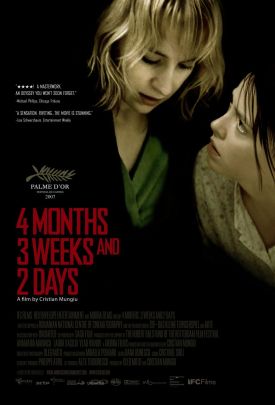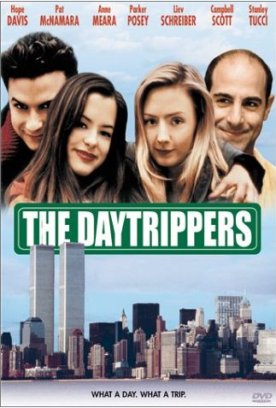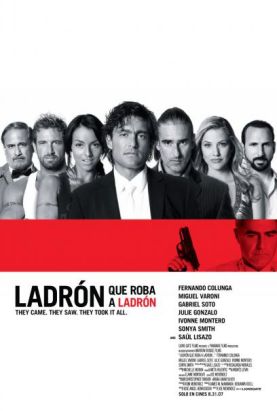Kundun
Martin Scorsese’s reverent Kundun proves the occasion for reminding us
of a curious fact about Hollywood—namely that Buddhism is the only
religion which Tinseltown treats with respect, let alone reverence. If I were a
Buddhist, this would worry me. What is it that is wrong with this religion that
a bunch of shallow, ignorant, self-important and very rich people should be
attracted to it? One guess might be that it is the doctrine of reincarnation.
Movie stars are so much in love with themselves that they are desperate for a
warrant to believe that they will keep being re-born into the world
and—preferably, I imagine—the entertainment industry. Hey, the 14th
Dalai Lama, whose story Scorsese tells, didn’t turn up in California did he?
They found him pretty close to where number 13 had pegged out. So there must be
a pretty good chance that the studios’ search parties won’t have to travel too
far to find the chosen little boy who will be Richard Gere’s next incarnation
either.
Still, it is curious that the deference paid to Buddhism is as extreme as the
lack of it to other religions. If you only knew about Christianity from the
movies, you would assume that it was a religion composed entirely of hypocrites
and psychopathic murderers, while any Muslim was almost certain to be an Arab
terrorist. But Scorsese’s respectfulness to the Buddhists is so concentrated
that his movie is a terrific bore. To be sure, Kundun is full of clever
bits of filmmaking, as one might expect, and glorious, magnificent photography
of what purport to be the Himalayas but are in fact the Canadian Rockies. It
also has some rather nice atmospheric music from the celebrated composer Philip
Glass—who, like the Buddhists, is a minimalist. But it is all in the
service of a not-very exciting story. Lama is found; lama grows up; Chinese
invade; lama tries to accommodate self to them; lama is forced to flee. We
already knew all that. And the lama himself is always at one or two removes from
the action.
Mind you, that’s the best place to be if you’re going to pitch, as Scorsese
does here, a bit of propaganda on behalf of non-violence. Well of course it
always costs us a pang to see the rabbit swallowed by the wolf, or the mackerel
devoured by the shark, but unfortunately that is rather the way of the
world, isn’t it? Why should we find it interesting that the rabbit was a pure
soul who didn’t believe in violent resistance or that the mackerel was a holy
fish who only wanted to be left to his prayers and had never done the shark any
harm? Either way, they were going to get eaten, weren’t they? Well, so does the
lama. Or rather he doesn’t, which makes it worse. He is the miraculous mackerel
who eluded the jaws of the Chicom shark by a whisker (if fish, other than
catfish, had whiskers). But instead of celebrating his escape, Scorsese seems to
think it a good cinematic idea to bellyache for two hours about the fact that he
had to run away in the first place.
It isn’t. But, at a loss for something to do while watching, you might
reflect that finding a child actor to play the part of the Dalai Lama at age
five must have been a little like finding the Dalai Lama himself. (Looking for
the talent of yesteryear in a fresh face has always been the very essence of
film-directing—which may be another reason why Buddhism is so attractive
to movie people.) At any rate, Scorsese’s discovery of Tulku Jamyang Kunga
Tenzin is a triumph of a similar order. Not quite so striking is the lama aged
12 (Gyurme Tethong) and as a young man (Tenzin Thuthob Tsarong). Robert Lin
does a very watchable turn as Chairman Mao, who wins the Lama’s concession that
“socialism and Buddhism have some things in common.” And they do, too. Both are
particularly attractive to movie-people, and both make boring subjects for
movies.
Discover more from James Bowman
Subscribe to get the latest posts to your email.







